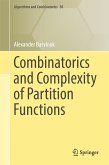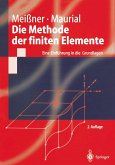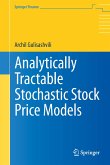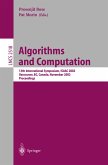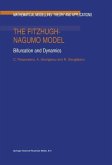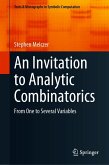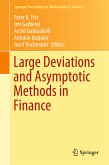Some results appear here for the first time, while others have hitherto only been given in preprints.
Dieser Download kann aus rechtlichen Gründen nur mit Rechnungsadresse in A, B, BG, CY, CZ, D, DK, EW, E, FIN, F, GR, HR, H, IRL, I, LT, L, LR, M, NL, PL, P, R, S, SLO, SK ausgeliefert werden.
"This book is the first text book about symbolic asympotics, written by one of its major contributors. It deals with the question to calculate limits and asymptotic Expansions of real functions symbolically. ...
The book contains a wealth of information on symbolic asymptotics. It fills a gap in the literature and should be found in every library. The user of a computer algebra system who is interested to understand the output of a command like Maple's asympt finds much interesting information. Actually many users might not even be aware about the complexity of such a command."
Wolfram Koepf, Computeralgebra Rundbrief, October 2005, Issue 37
"This book comprises the research of Professor Shackell in this field over the last 20 years ... . it provides a new presentation which is easier to understand and overall comes highly recommended. ... this book makes a very good starting place indeed. ... Examples, are fairly plentiful, and usually very helpful, with a good level of detail in the working." (James C. Beaumont, SIGACT News, Vol. 38 (4), 2007)



